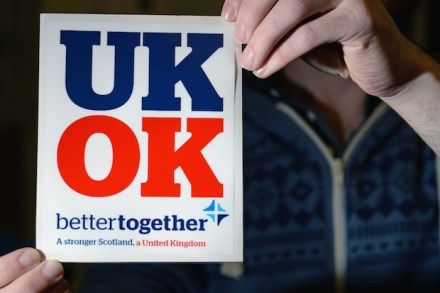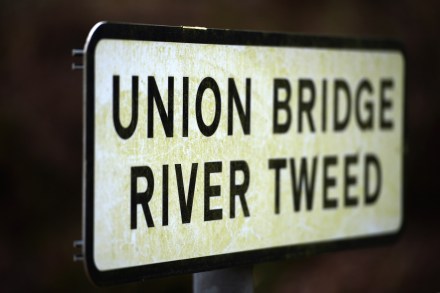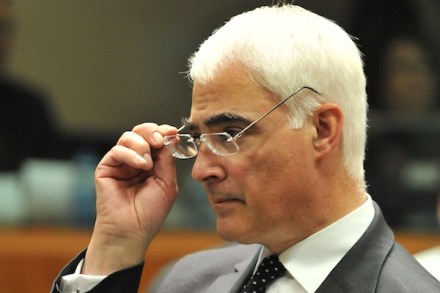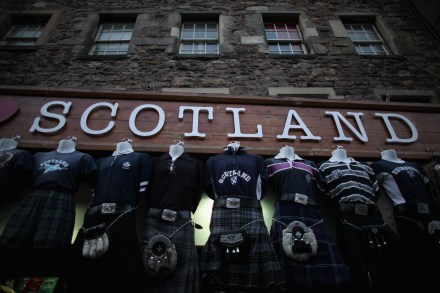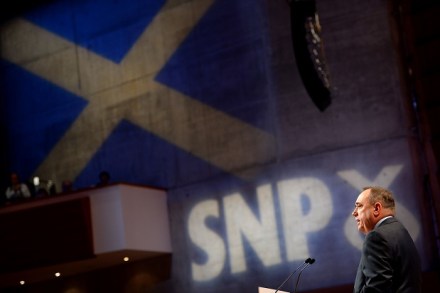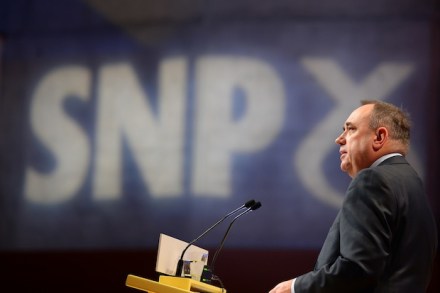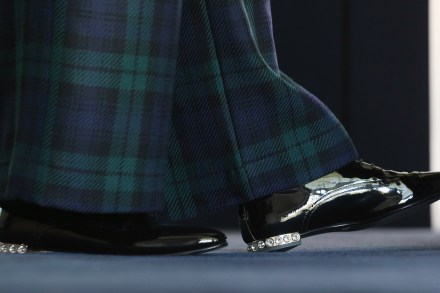2013 has been the year of the insurgent party
When you look ahead to 2014, it is hard to escape the conclusion that two insurgent parties are making the political weather. The two big votes of the year are the European Elections, where Ukip may well top the poll, and the Scottish independence referendum, a product of the SNP’s Holyrood majority. The SNP and Ukip are both nationalist parties but they come from very different parts of the political spectrum. But what they have in common is that they have no desire to be part of a ‘consensus’ or be lauded as ‘responsible and respectable’. Instead, they stand passionately for what they believe in, unbothered—energised, even—by the contempt in which


